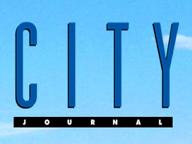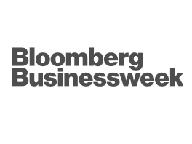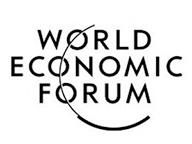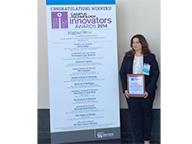Faculty News
—
Prof. Michael Posner's co-authored World Economic Forum white paper on business sustainability is highlighted
—

Excerpt from Bangladesh News 24 -- "Michael Posner, Chair Global Agenda Council on Human Rights, says, 'Given the importance of this issue and the various ways in which sustainability is defined and discussed, this White Paper presents an integrated picture of business sustainability and offers a foundation to guide future work in this area.'"
Faculty News
—

Excerpt from Bangladesh News 24 -- "Michael Posner, Chair Global Agenda Council on Human Rights, says, 'Given the importance of this issue and the various ways in which sustainability is defined and discussed, this White Paper presents an integrated picture of business sustainability and offers a foundation to guide future work in this area.'"






















